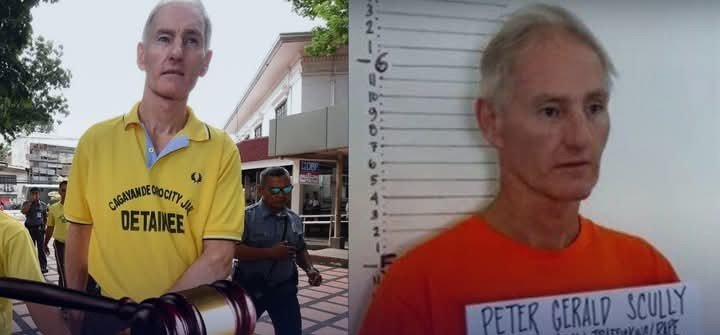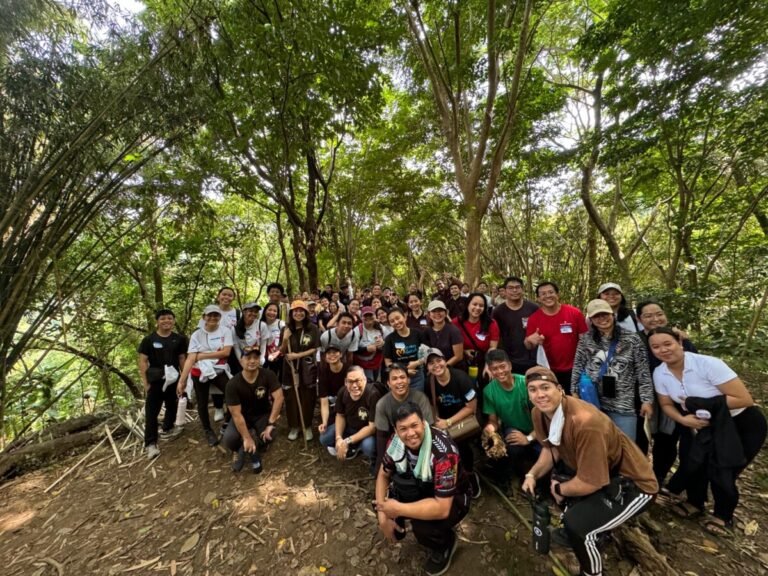
THE Supreme Court has upheld the 2018 Regional Trial Court conviction of Peter Scully, an Australian national branded as one of the world’s most notorious pedophiles, along with his accomplice, Carme Ann Alvarez.
Scully was the ringleader behind the production of the infamous “Daisy’s Destruction,” a grotesque video that depicted the extreme abuse and exploitation of children, which he distributed to a global pedophile network.
In a 21-page decision promulgated on November 26, 2024, penned by Justice Lopez, the Supreme Court affirmed the convictions of Scully and Alvarez for Qualified Trafficking in Persons. Both were sentenced to life imprisonment and ordered to pay ₱5 million in damages for each victim.
The ruling also established a significant legal precedent, clarifying that the absence of pornographic material does not prevent a conviction for human trafficking. The Court emphasized that the crime of trafficking centers on the recruitment, exploitation, or abuse of individuals for sexual purposes, regardless of whether explicit content is produced or found.
This landmark decision underscores the Philippines’ resolute commitment to eradicating online sexual abuse and exploitation of children (OSAEC) and combating human trafficking. It highlights the strength of the country’s judicial system and law enforcement in holding perpetrators of such heinous crimes accountable.
Justice Secretary Jesus Crispin Remulla, chair of the Inter-Agency Council Against Trafficking (IACAT), hailed the ruling as a decisive victory in the battle against child exploitation. “This decision sends a clear and powerful message: predators will not escape justice. To those who prey on the innocent, this is your warning—we are watching, and we will find you,” he declared.
The IACAT continues to call on the public to remain vigilant and report any suspected cases of trafficking or exploitation through the 1343 Actionline. The fight against human trafficking is a collective responsibility, and only through bayanihan can we protect the most vulnerable members of our society.






